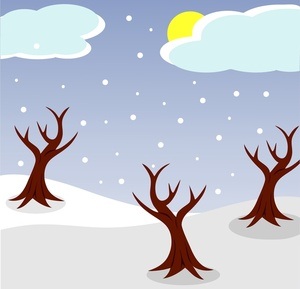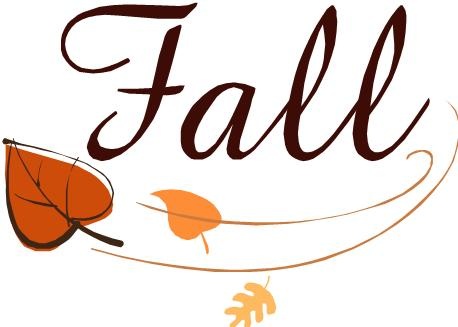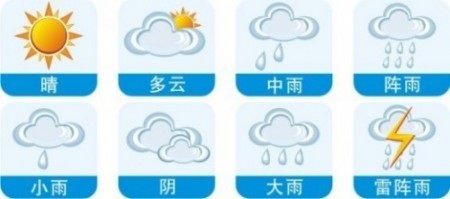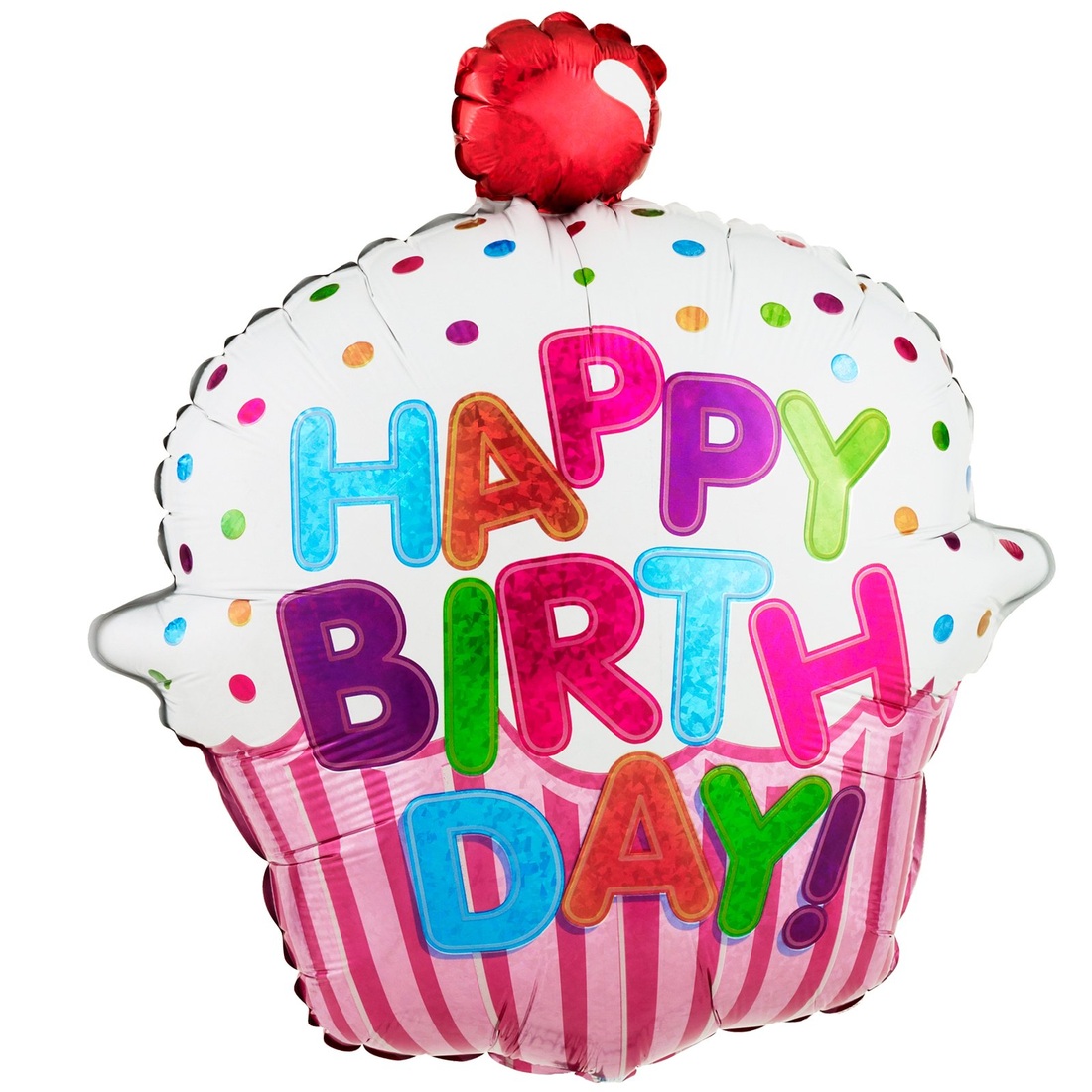|
wǒ chī le 我吃了 (I ate) vs. wǒ chī de 我吃的 (I ate) I have been asked in my class what's the difference between past tense form "le" and "de". Thanks to many other great Chinese teachers on the internet, I now know the difference! Here‘s my two cents. The first sentence 我吃了 (wǒ chī le)is the simple past tense form meaning the action is complete. The second sentence 我吃的(wǒ chī de)is the modifying form emphasizing another part of speech in the sentence. In this case, it means "I ate." The emphasis is on "I" to mean "I am the person who ate it." If someone ask you, "Did you eat?" (你吃了吗?) you will say 我吃了(wǒ chī le). If someone ask you, "Who ate the cake?" (谁吃的蛋糕?)you will say, 我吃的 (wǒ chī de) Let's look at a more complicated one: 我昨天看了 (wǒ zuótiān kàn le)( I saw yesterday) vs. 我昨天看的 (wǒ zuótiān kàn de)(I saw yesterday) In a more complex sentence like above, "de" ending can be used to emphasize any part of the speech other than the verb. Question: Did you see it yesterday? (你昨天看了吗?Nǐ zuótiān kànle ma) Answer: I saw it yesterday. (我昨天看了。 wǒ zuótiān kàn le) Question: Who saw it yesterday? (谁昨天看的?shuí zuótiān kàn de) Answer: I saw it yesterday. (我昨天看的。wǒ zuótiān kàn de) Question: Which day did you see it? (你哪天看的? Nǐ nǎ tiān kàn de) Answer: I saw it yesterday. (我昨天看的。wǒ zuótiān kàn de) Another example: 我去了(wǒ qù le) I went. 我走路去的 (wǒ zǒu lù qù de) I went by walking. The second emphasize on the "how," not the verb "go" itself. I hope this helps! Here are some exercise:
Choose the correct answer based on question. 1. When did he do it? a) 他昨天做的。Tā zuótiān zuò de ("zuò“ means "do" b) 他昨天做了。Tā zuótiān zuò le 2. How did he do it? a) 我教他了。Wǒ jiāo tā le ("jiāo" means "teach") b) 我教他的。Wǒ jiāo tā de 3. Did he do it? a) 他昨天做的。Tā zuótiān zuò de b) 他昨天做了。Tā zuótiān zuò le 4. Who did it yesterday? a) 他昨天做的。Tā zuótiān zuò de b) 他昨天做了。Tā zuótiān zuò le
0 Comments
Describe Weather in Chinese
Hi~ Sorry that I haven't posted for quite long time. Here is a lesson on weather. Enjoy!
First, let's learn these new words.
Most Chinese characters has one unique pinyin for itself. However, some characters has more than one pinyin. The character 一 and 不 change their tones depends on what follows behind them.
The basic tone of numeral "一” is 1st tone (yī).When read alone, or in counting or in numbers, its basic tone is used. The tone of "一“ may vary with the tone of the syllable that comes after it: if followed by the 1st, 2nd or 3rd tone, "一” is pronounced as the 4th tone; if it is followed by a "4th" tone, it is pronounced as the 2nd tone. Example: yī , èr, sān 一, 二, 三 (one, two, three) yì tiān 一 天 (one day) yì nián 一 年 (one year) yì běn 一 本 ( one [measure word for books]) yí gè 一 个 ( one [measure word ge]) Similar rule applies to the character "不" bù zhī dào 不 知 道 (don't know) bù míng bai 不 明 白 (don't understand) bù hǎo 不 好 (not good) bú shì 不 是 (no) Conversation One
Conversation Two Míngtiān shì zhōu liù, nǐ hé Tom yǒu shíjiān ma? Zánmen yīqǐ qù dǎ gāo'ěrfū ba A: 明天是周六,你和Tom有时间吗?咱们一起去打高尔夫吧。 Tomorrow is Saturday, do you and Tom have time? Let's go play golf. Duìbùqǐ, míngtiān wǒmen dōu yǒu gōngzuò. Xià xīngqí xíng ma? B: 对不起,明天 我们 都 有 工作。下星期行吗? Sorry, tomorrow we both have work. How about next week? Méi wèn tí A: 没问题! No problem! Days of the week xīng qí yī (zhōu yī)
Monday 星期一 (周一) xīng qí'èr (zhōu'èr) Tuesday 星期二 (周二) xīng qí sān (zhōu sān) Wednesday 星期三 (周三) xīng qí sì (zhōu sì) Thursday 星期四 (周四) xīng qí wǔ (zhōu wǔ) Friday 星期五 (周五) xīng qí liù (zhōu liù) Saturday 星期六 (周六) xīng qí rì (xīng qí tiān/ zhōu rì) Sunday 星期日 (星期天 / 周日)
Conversation 1 chén xiǎo jiě, jīn tiān wǎn shàng nǐ yǒu kòng er ma?wǒ xiǎng qǐng nǐ chī wǎn fàn。 Nancy : 陈小姐, 今天 晚 上 你有 空儿 吗?我 想 请 你 吃 晚饭。 Miss Chen, are you free tonight? I want to invite you to eat dinner. jīn tiān wǎn shàng wǒ yǒu shì er。zhēn duì bù qǐ。 Miss Chen: 今天 晚上 我 有 事儿。真对不起。 Tonight, I have something to do. I'm really sorry. méi guān xì Nancy: 没关系。 No problem. Conversation 2 nǐ zhōu mò zuò shén mē? wǒ men yì qǐ qù hē chá, hǎo ma?
A: 你周末 做什么? 我们 一起去喝茶, 好吗? what are you doing for weekend? Let's drink tea together, okay? hǎo à. zài nǎ er jiàn miàn? B: 好啊。 在哪儿见面? Sure. Where should we meet? Lesson: 这个用汉语怎么说?
There are several ways to ask someone, "how to say this in Chinese?" Let's learn some basic ones and some other useful sentences Examples: Looking for translation "water“ yòng hàn yǔ zěn me shuō? 1. "Water“ 用 汉 语 怎么 说? How to say "Water" in Chinese? “Water”, hàn yǔ shì shén mē? 2. "Water”, 汉语是 什么? What is “water" in Chinese? nǐ men zěn me shuō “I love you?" 3. 你 们 怎 么 说 "I love you?" How do you say "I love you?" Asking for meanings "fàn guǎn”shì shén me yì si 1. "饭馆” 是 什么 意思? What does "fan guan" mean? “ fàn guǎn” gēn “ fàn diàn” yī yàng ma? 2. “饭馆” 跟 “饭店” 一样 吗? Does "fan guan" and "fan dian" mean the same? Other useful sentences nǐ shuō huà tài kuài le 1. 你 说话 太 快 了。 You speak too fast. qǐng zài shuō yī biàn 2. 请 再 说 一遍。 Please say it again. Express time in Mandarin Chinese ~diǎn ~~fēn is used to express time. 8:00 八点 (bā diǎn) 8:05 八点零五(分) (bā diān líng wǔ fēn) 8:15 八点十五 (分)(bā diǎn shí wǔ fēn) / 八点一刻(bā diǎn yí kè) (eight and a quarter) 8:30 八点三十 (分) (bā diǎn sān shí fēn) / 八点半 (bā diǎn bàn) (eight and half) 8:55 八点五十五 (分)(bā diǎn wǔ shí wǔ fēn) / 差五分九点(chà wǔ fēn jǐu diǎn) (five to nine o'clock) (Check lessons on numbers below) Numbers
Here is an easy chart listing all the pronouns in Chinese
Possessive Pronouns
Plural Pronouns
Grammar:
"的" ("de") is used after an adjectival, to show possessive. For example: "wǒ" means "I". "wǒ de" means "my". Adding "de" at the end of a noun shows possessive. “们” ("mén") is used after a pronoun to indicate the plural form. For example: "wǒ" means "I" . "wǒ mén" means "we".
1. Hello ! Nǐ hǎo
你 好! 2. Hello! Nin hao 您 好- formal 3. Nice to meet you! Hěn gāoxìng jiàn dào nǐ 很 高 兴 见 到 你。 4. Good morning . Zǎoshang hǎo 早 上 好。 5. Good afternoon. Xiàwǔ hǎo 下 午 好 。 6. Good evening. Wǎnshàng hǎo 晚 上 好。 |
JoannaExperienced Mandarin Teacher for 13 years. Archives
April 2022
Categories
All
|








 RSS Feed
RSS Feed